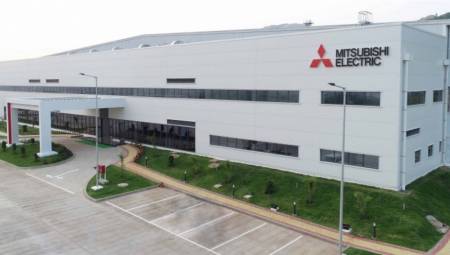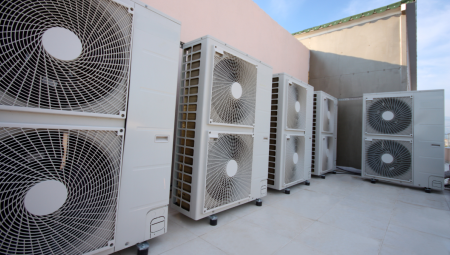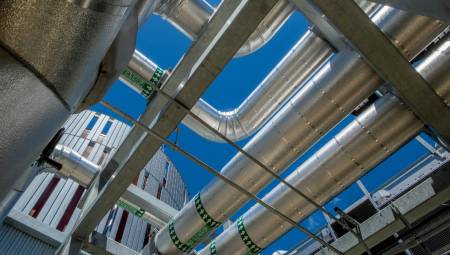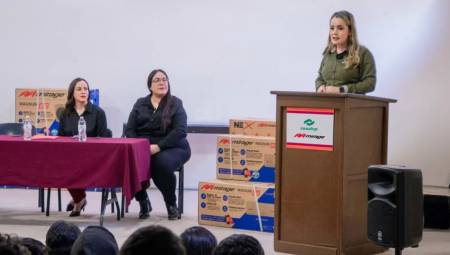Latin America. Maersk is working to expand its portfolio of services and improve its connection within the Latin American territory, so that it consolidates its offer with agile solutions and greater added value, while helping the logistics and storage needs of this region.
Maersk aims to improve Latin America's connection to the world by "expanding its end-to-end distribution and warehousing footprint and regional consolidation/deconsolidation network with innovative solutions that address customer needs."

This objective arises in the context of the pandemic and its logistical consequences, since since 2020 many companies have had to deal with the lack of space in their warehouses, due to high levels of inventory and the growing need to sustain new consumption habits.
This scenario raised a greater demand for effective facilities to cover all storage needs. Hence, the idea of a new storage and distribution model is for warehouses to be closer to customers.
In this regard, it is relevant to note that the Mordor 2020 Logistics and Distribution Intelligence Report revealed that the warehousing and distribution sector is growing rapidly in Latin America. He even assured that it is expected to have an annual growth rate of 5% in the period 2021-2026.
Maersk's purpose and plans
Douglas Tacla, head of warehousing and distribution for Latin America, explained that the group currently has approximately 350,000 m² of warehouse space and more than 20 distribution centers with strategic locations throughout the region.

That is why Maersk plans to grow in Latin America to ensure a network of warehouses that complements our customers' growth plans and supports the development of the region.
The company aims to position its warehouses and distribution centers to encourage ports to integrate into maritime services. Maersk will also be located close to rail, roads and cities, with the same purpose of integration into the routes.
Maersk recently opened a new warehouse in Cajamar, in the state of Sao Paulo, Brazil, in September 2022, located near the main economic centers of the southeast region and close to the main markets of mass consumption, retail, technology and electronics, fashion and lifestyle, among others.
For example, in Mexico Maersk has a strategy of installation and operation of 150,000 m² of dry and cold warehouses in the retail sector, consumer products, fashion and lifestyle, integrating services such as cross-border and air, in Mexico City, Querétaro, Guadalajara, Monterrey and Tijuana.
Infrastructure & Technology Solutions
It is well known that the changes in consumption habits left by the pandemic demand that markets can be reached faster, so having great inventory control is essential to adapt quickly to such demand.
Currently, the systems contribute to a more sustainable and compact storage, with an efficient distribution to optimize space and maximize operations, and accommodate a greater number of products.
According to Tacla, the company's efforts in relation to storage and distribution services are focused on increasing infrastructure and technology related to artificial intelligence, with the aim of having in Latin America a response capacity similar to that of Europe, Asia and the United States.

"One of the great advantages of keeping warehousing and distribution services at the forefront is that they integrate naturally with end-to-end logistics services, which few companies in the world are able to offer their customers globally."
Unpredictability during the pandemic drove new trends in warehousing, many of which are expected to have a permanent effect. For example, the implementation of technologies, digitalization and sustainable air conditioning in its warehouses in order to maximize operations and help reduce carbon emissions.
"Maersk's most recent warehouse, located in Cajamar, São Paulo, is LEED Platinum (Leadership in Energy and Environmental Design) certified, which includes solar panels on the roof, rainwater recovery and waste management system, thermal felt insulation, as well as equipment for handling lithium batteries," Tacla said.
In short, Maersk has transformed, and continues to transform, to be a comprehensive logistics service provider, where its distribution and warehousing solutions leverage shared global network operations to help optimize its customers' supply chains.















